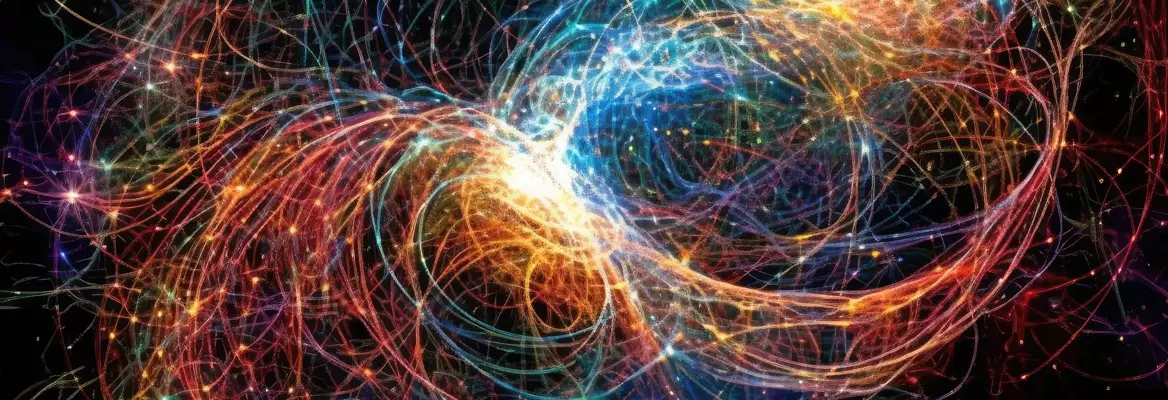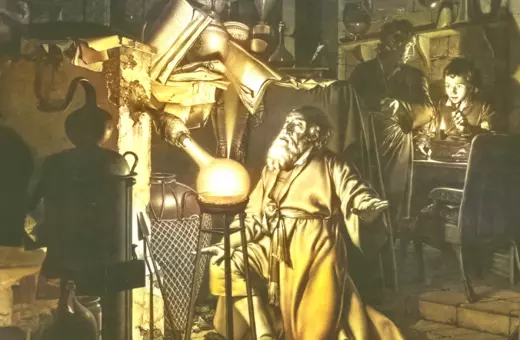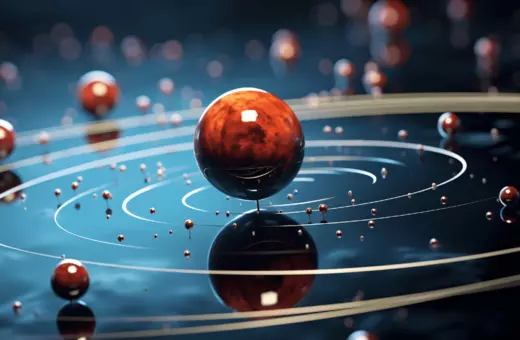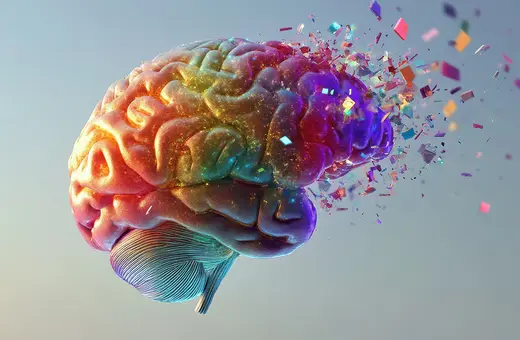Many people view so-called discovery of natural laws as one of the determining factors behind our rapid advancement in understanding the natural world. But can the laws deliver the burden we place upon them, asks Daniel Joachim.
For more on the limits of science, join IAI LIVE: Fantasy, Faith and Physics this July 3rd. Sabine Hossenfelder, Max Tegmark, Michio Kaku, Juan Maldacena, Lisa Randall, and Mary-Jane Rubenstein debate the role of fantasy and unproven belief in modern physics. Book now.
In “The Grand Design”, Stephen Hawking and Leonard Mlodinow put forward the ambitious claim that the history of science can be summarized as “the long process of replacing the notion of the reign of gods with the concept of a universe that is governed by laws of nature.” [1]
What is meant by such a “law of nature”? Views widely differ, but some views of prominent contemporary physicists are worth mentioning. Sean Carroll proposes that “the way physics is known to work these days is in terms of patterns, unbreakable rules, laws of nature” [2] while Hawking & Mlodinow state a natural law is “a rule that is based upon an observed regularity and provides predictions that go beyond the immediate situations upon which it is based.” [3]
A very modern illusion
Renaming a “law” into a “rule”, a seemingly abstract concept somehow also responsible for the prescriptive capacity to “govern the universe”, is already a spectacular feat. Ludwig Wittgenstein, on his part, would have thought this picture to betray these modern physicists, hardly an upgrade on the older faiths. Wittgenstein argued:
“At the basis of the whole modern view of the world lies the illusion that the so-called laws of nature are the explanations of natural phenomena. So people stop short at natural laws as at something unassailable, as did the ancients at God and Fate. And they both are right and wrong. But the ancients were clearer, in so far as they recognized one clear conclusion, whereas in the modern system it should appear as though everything were explained.” [4]
___
Simply naming these patterns leaves untouched the issue as to the necessary prerequisites of those patterns. If we are to enjoy the luxury of maintaining explanatory power of how and why chess pieces move around the board, we have to invoke agency.
___
Of course, much hinges on what is meant by “explanations” by Wittgenstein above. If we’re satisfied with describing some abstract way to relate a specific phenomenon to more general ones, then we’re most likely fine. If we want more than that, as if we want to say something about the nature of the phenomena we’re investigating or the world’s intelligible character, we’re confronted with the surprising proposition that all throughout history, “a law of nature” has never explained anything like this. Observing “regularities” in nature, even cataloging them to the extent that we can characterize them with mathematical precision, hardly counts as “explaining” those patterns, rather than just restating them using different terminology.
How mathematics changed our view of nature





















Join the conversation